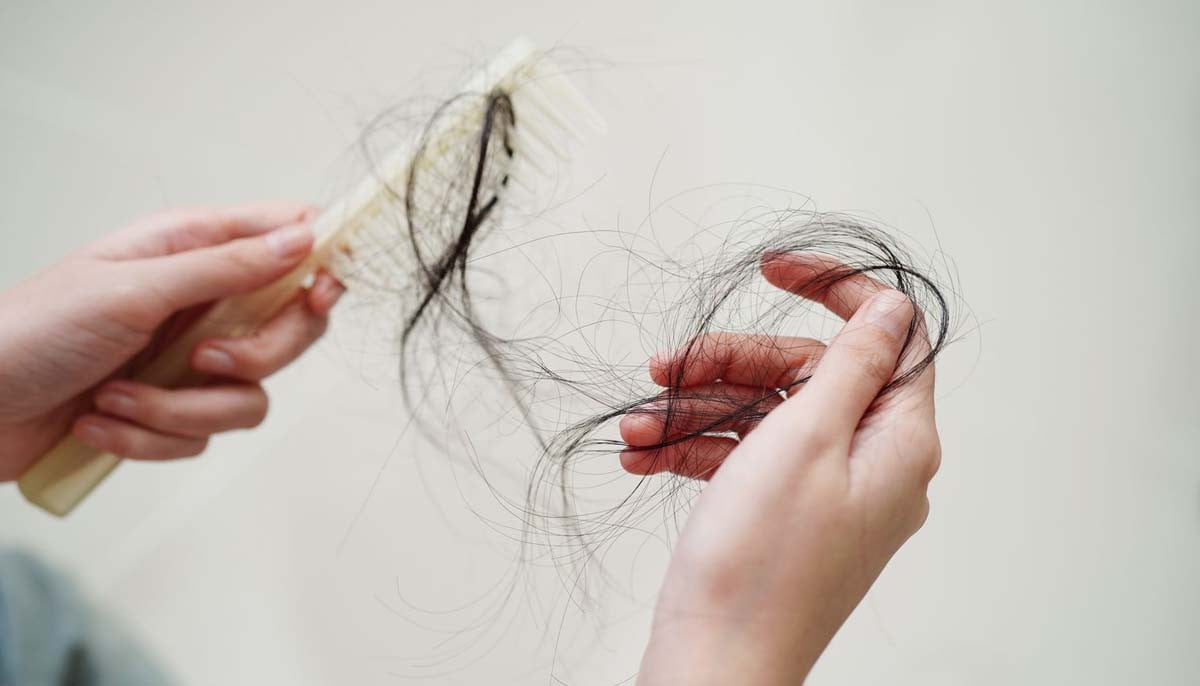Study shows how UTIs affect women's quality of life
Uncomplicated UTIs are linked to interruptions in daily activities, decreased productivity at work, and lower quality of life
Recurrent uncomplicated urinary tract infections (UTIs) have been shown to significantly interrupt daily routines and have a negative effect on the quality of life in terms of health.
Bacteria that enter the urethra, a tiny channel that allows urine to leave the bladder, cause UTIs. Urination that hurts or burns, frequent urination, and blood in the urine are all signs of a UTI.
In their lives, three out of every 25 males and 10 out of every 25 women will suffer UTI symptoms. Additionally, some patients have recurrent UTIs that could necessitate the administration of antibiotics on a regular basis.
Now, a study that was released on February 1 in the journal PLOS ONE discovered that uncomplicated UTIs are significantly linked to interruptions in daily activities, decreased productivity at work, and a lower quality of life that is related to mental health-related quality of life (HRQoL). A subpar response to therapy and the overuse of antibiotics may also contribute to the issue.
Researchers polled 375 adult female participants about their daily activity impairment, productivity at work, HRQoL, frequency of use of healthcare resources, and costs in order to evaluate the effects of UTIs on women.
The team's analysis of the data revealed that 60.8% of individuals' sleep quality was influenced by UTIs. The research also showed that 66.9% of the women polled claimed that UTIs had a negative impact on their sexual life.
In addition, 52.3% of participants claimed that UTIs made it difficult to exercise and 46.9% said that UTIs made it difficult to engage in social activities.
Compared to women without recurring infections, women with recurrent UTIs reported more activity impairment, including longer time away from work. Their medical expenses — both direct and indirect — were also greater. Females with recurrent UTIs reported lower health-related quality of life than women without recurrent infections.
Uncomplicated UTIs are prevalent, but the impact on patients should not be understated, according to the study's authors. Getting the right treatment is essential to avoid negative consequences on quality of life and the usage of healthcare resources.
Consuming cranberries, blueberries, or unsweetened cranberry juice, as well as taking probiotics and vitamin C, may help avoid UTIs. D-Mannose, a kind of sugar that stops specific kinds of bacteria from adhering to the lining of the bladder, is another supplement to take into account.
Antibiotics are typically used as a treatment. D-Mannose, however, may be just as effective in treating a UTI as antibiotics, according to some studies.
For the best treatment and diagnosis, make sure to see a doctor or other medical professional.
-
Top 5 easy hair fall remedies for the winter
-
Pregnant women with depression likely to have kids with autism
-
Antioxidants found to be protective agents against cognitive decline
-
Coffee reduces cancer risk, research suggests
-
Keto diet emerges as key to Alzheimer's cure
-
What you need to know about ischemic stroke
-
Shocking reason behind type 2 diabetes revealed by scientists
-
Simple 'finger test' unveils lung cancer diagnosis












